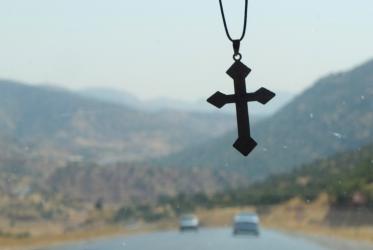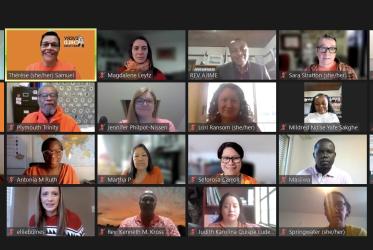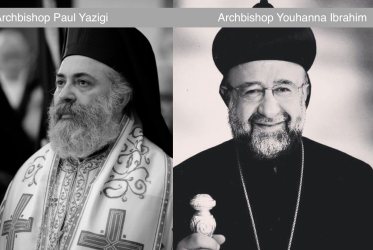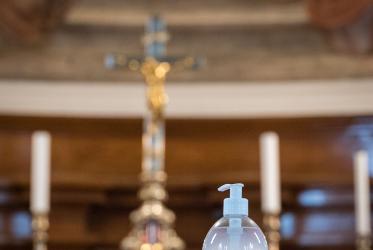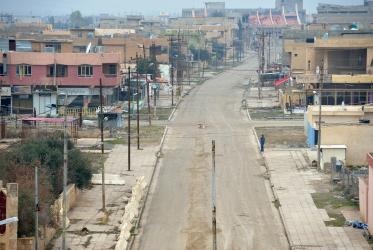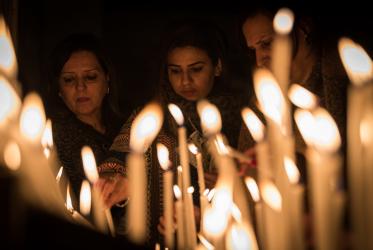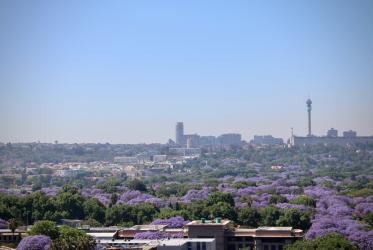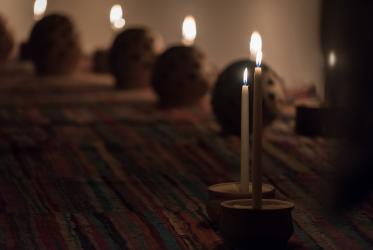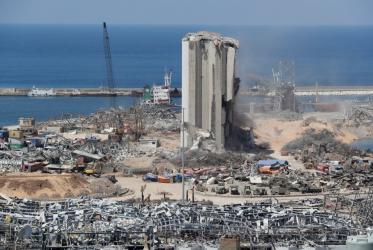Displaying 61 - 80 of 374
WCC renews call for release of archbishops of Aleppo
28 February 2022
Past massacres in the Middle East: “this should never be forgotten”
09 December 2021
Webinar - Past massacres in the Middle East
19 November 2021
https://us02web.zoom.us/webinar/register/WN_A9raswe7RiSlq58xvexGHA
Webinar will remember past massacres in the Middle East
11 November 2021
In Lebanon, “without peace there is no justice”
21 July 2021
